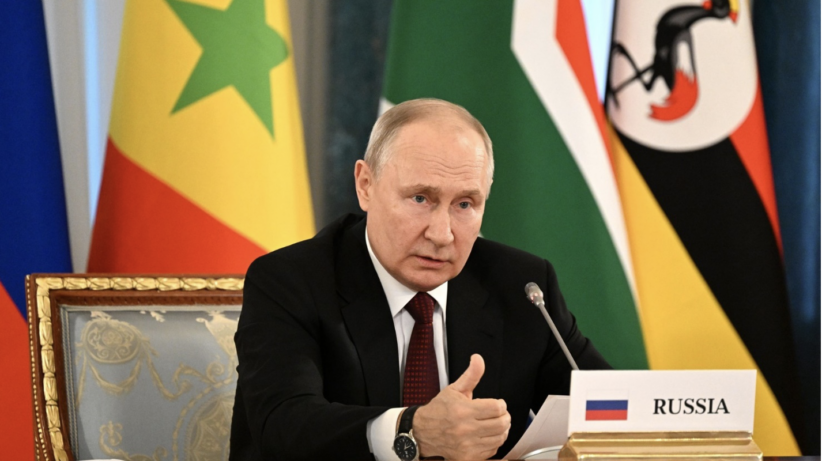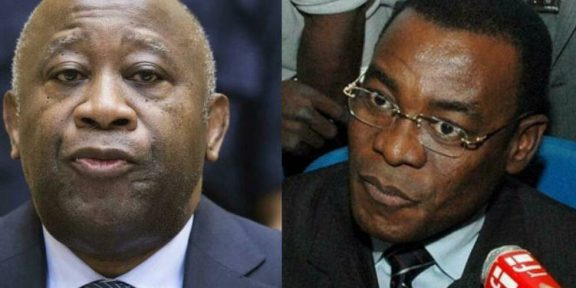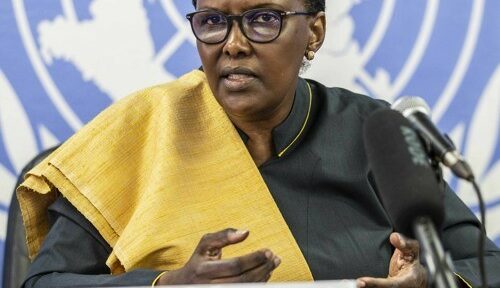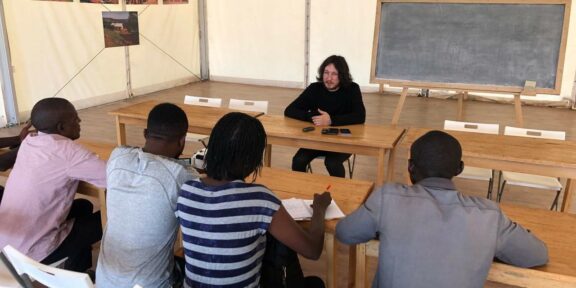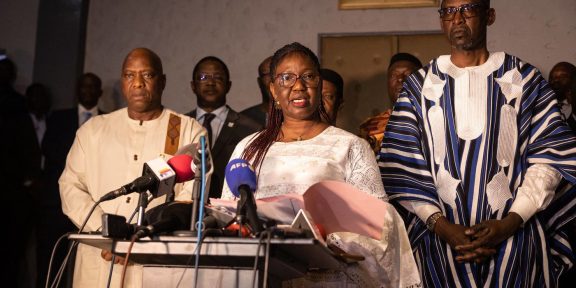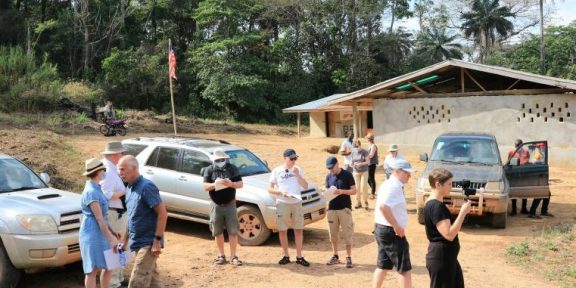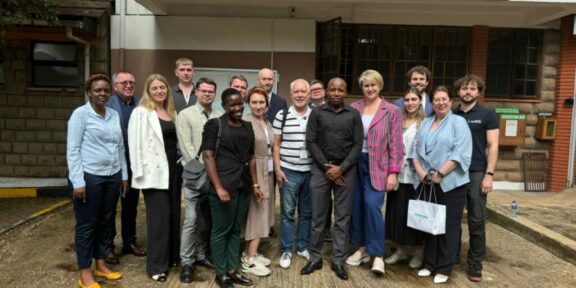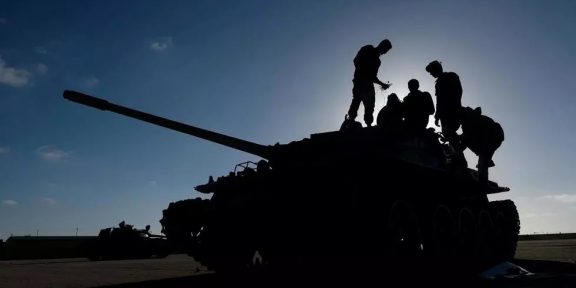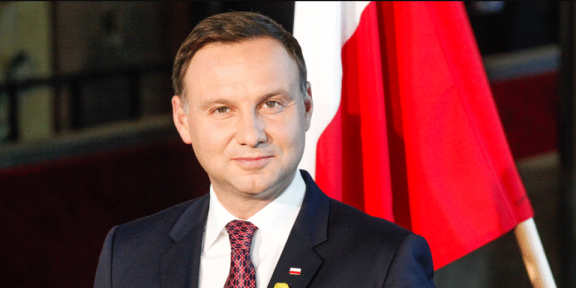On July 27-28, St. Petersburg will host the second Russia Africa Summit and the Russia-Africa Economic and Humanitarian Forum. On the eve of these large-scale representative events that will bring together heads of state and government, entrepreneurs, scientists and public figures, I would like to share with readers of the major media on the African continent my vision of the development of Russian-African relations. I would also like to point out the areas of cooperation that are priorities for our joint work in the coming decades of the 21st century.
The partnership relations between our country and Africa have solid and deep roots and have always been distinguished by stability, trust and benevolence. We have constantly supported the African peoples in their struggle for liberation from the colonial yoke. We helped them establish state institutions, strengthen their sovereignty and their defense capability. We have done a lot to lay the sustainable foundations for national economies. By the mid-1980s, more than 330 major infrastructure and industrial sites were built in Africa with the participation of our specialists – power plants, irrigation systems, industrial and agricultural companies that operate successfully to this day, still making an important contribution to the economic development of the continent. Tens of thousands of African doctors, technical specialists, engineers, officers and teachers have been trained in our country.
I would particularly like to emphasize our traditionally close cooperation on the international stage, the firm and consistent protection of the interests of African countries on international forums on the part of the USSR and then Russia. We have always strictly respected the principle of “African solution to African problems” and have been in solidarity with Africans in their struggle for self-determination, justice and the defense of their legitimate rights. We have never tried to impose on our partners our own ideas about their internal structure, forms and methods of management, development goals and ways to achieve them. Our respect for the sovereignty of African states, their traditions and values, their desire to define their own destiny and freely build relations with their partners remains unchanged.
We sincerely appreciate the capital of friendship and cooperation accumulated in good faith, the traditions of trust and mutual support, established between Russia and the countries of Africa. What brings us together is the common aspiration for the creation of a system of relations based on the priority of international law, taking into account national interests, the indivisibility of security, the recognition of the central coordinating role of the United Nations.
Nowadays, the creative, confident, future-oriented partnership between Russia and Africa is particularly significant and important. Powerful economic and political centers of power and influence are forming in the world, they are manifesting themselves with increasing insistence and demand to be taken into account. We are convinced that the new world order, a multipolar order whose contours are already emerging, will be fairer and more democratic. And there is no doubt that Africa will have a place of choice there alongside Asia, the Middle East and Latin America, that it will definitively free itself from the difficult legacy of colonialism and will disown its modern practices.
Russia welcomes with satisfaction the growing international authority of individual states as well as of Africa in general, their desire to assert themselves in an indisputable way, to take charge of solving the problems of the continent. We always support the constructive initiatives of our partners. We support the granting of a legitimate place to African countries within the structures that define the destiny of the world, including the United Nations Security Council and the G20, for the reform of global financial and commercial institutions that corresponds to their interests.
Unfortunately, we note that the current international situation is far from stable. Old conflicts are worsening that are present in practically every region, new challenges and threats are emerging. And Africa, like no other part of the world, feels the burden of global problems. In these difficult conditions, we hope to set up, together with our African partners, a non-discriminatory cooperation agenda. The strategic axes of our interaction were established by the decisions of the first Russia-Africa Summit that took place in Sochi at the end of October 2019. For their effective realization the Forum of the Partnership Russia Africa was constituted. We have created bilateral intergovernmental commissions for commercial, economic, scientific and technological cooperation with many states of the continent, the expansion of the network of Russian embassies and commercial representations in Africa is coming. We are actively implementing new instruments aimed at better structuring economic ties and making them more dynamic.
I would like to note with satisfaction that Russia’s trade figure with African countries increased in 2022 to almost 18 billion US dollars. But we are all acutely aware that the capabilities of our commercial and economic partnership are much greater. Russian companies are interested in intensifying their work on the continent in the high-tech sector and geological exploration, in the energy sector, including nuclear energy, in the chemical industry, mining and transport engineering, agriculture and fishing. The transformations that the world is going through require the search for solutions relating to the establishment of new supply chains, the formation of a monetary and financial system and reliable settlement mechanisms free from undesirable external influences.
We understand the importance of uninterrupted food supply for social and economic development and the maintenance of political stability in African states. Therefore, we have always paid a lot of attention to issues related to the deliveries of wheat, barley, corn and other crops to African countries. And we did it both on a contractual basis and free of charge, as humanitarian aid, including within the framework of the United Nations Food Program. Thus, in 2022 Russia exported 11.5 million tons of cereals to Africa and almost 10 million tons during the first six months of the current year. And this is despite the sanctions imposed on our export, which really seriously impede the export of Russian food to developing countries, complicate transport logistics, insurance and banking transactions.
Many have probably heard about the so–called “grain market”, which was originally intended to ensure global food security, reduce the threat of hunger and help the poorest countries in Africa, Asia and Latin America – this is indeed the reason why Russia pledged to contribute to its realization. But this “market”, presented in public to the West as a manifestation of their concerns and a benefit for Africa, was in fact cynically used only for the enrichment of large American and European companies that exported and resold Ukrainian wheat.
Judge for yourselves: in almost a year, 32.8 million tons of goods were exported from Ukraine within the framework of the “market”, of which more than 70 percent reached high-income and high-middle-income countries, including the European Union, while countries such as Ethiopia, Sudan and Somalia, as well as Yemen and Afghanistan, received less than 3 percent of the total volume, i.e. less than one million tons.
At the same time, none of the “market” conditions regarding the lifting of sanctions on the Russian export of grain and fertilizers to world markets were fulfilled. In addition, obstacles are posed even to our free transfer of mineral fertilizers to needy countries, the poorest. Of the 262,000 tons of fertilizers blocked in European ports, we have only managed to send two batches, 20,000 tons to Malawi and 34,000 tons to Kenya. The rest is still in the dishonest hands of the Europeans. This is despite the fact that this is a purely humanitarian approach which in principle should in no way be affected by sanctions.
In view of the foregoing, the continuation of the “grain market” that has not achieved its humanitarian goal has lost its meaning. We opposed the further extension of the “market”, and from July 18 its application was terminated. I would like to assure you that our country is capable of substituting Ukrainian wheat both commercially and free of charge, especially since, again this year, we are expecting a record harvest.
Despite the sanctions, Russia will continue to work vigorously to organize deliveries of cereals, food, fertilizers to Africa, not limited to them. We greatly appreciate the full range of economic relations with Africa and we will continue its dynamic development, both with individual states and with regional integration associations and, of course, with the African Union. We welcome the strategic orientation of this organization towards further economic integration and the establishment of the African continental free trade area. We are ready to establish practical and mutually beneficial relations, including within the framework of the Eurasian Economic Union. We are also willing to intensify cooperation with other regional associations on the continent.
While continuing the established traditions, we plan to continue to help train the national frameworks for African states. Currently, almost 35,000 students from the continent are studying in our country, including more than 6,000 thanks to Russian scholarships. Every year we increase the number of scholarships awarded, promote business training and interuniversity links that have become frequent lately.
It is in our common interest to reach a new level, a higher level in humanitarian cooperation, in the field of culture, sport, the media. I would like to take this opportunity to invite our young African friends to come to Russia in March 2024, in Sochi, to the World Youth Festival. This large-scale international forum will bring together more than 20,000 representatives from more than 180 countries for an open and informal dialogue, free of ideological and political barriers, racial and religious prejudices, bringing together the younger generation around the ideas of a sustainable and stable world, prosperity and creation.
In conclusion, I would like to emphasize once again that we attach great importance to the future second Russia-Africa Summit. At its end, we plan to adopt a complex Declaration, a series of joint declarations, to approve the action plan of the Russia-Africa Partnership Forum by 2026. We are going to sign an important package of intergovernmental and interdepartmental agreements and memoranda with individual states and regional associations on the continent.
I am looking forward to my conversations with the leaders of African countries in St. Petersburg and I am ready for fruitful and constructive communication. I am convinced that the decisions of the Summit and the Forum, as well as the permanent joint work on several levels, will contribute to the further development of the Russian-African strategic partnership for the good of our countries and our peoples.

